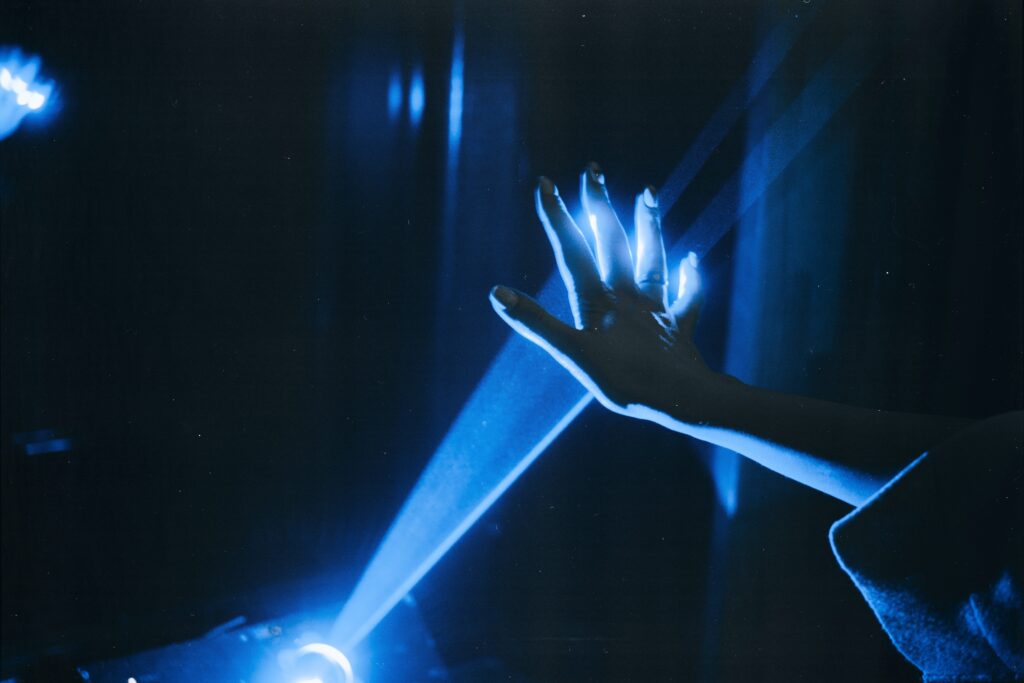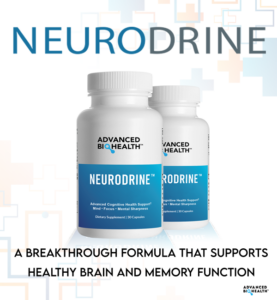Can light and sound be used to treat Alzheimer’s?

In this article, we’ll explore how light and sound therapy might be used to treat Alzheimer’s. While there is no cure for Alzheimer’s, these therapies may help to improve symptoms and quality of life for those with the disease.
How might light and sound be used to treat Alzheimer’s disease?
There is growing evidence that light and sound may help to improve symptoms in Alzheimer’s disease. Light therapy, for example, has been shown to improve sleep, mood, and alertness in people with Alzheimer’s. Similarly, music therapy can help to reduce anxiety and depression, and improve quality of life.
While more research is needed to confirm the efficacy of light and sound therapy for Alzheimer’s disease, there is potential for these treatments to help manage some of the symptoms of the condition. If you are considering trying light or sound therapy, be sure to consult with your doctor first to discuss whether it is right for you.
What are the potential benefits of using light and sound to treat Alzheimer’s disease?
There is growing evidence that light and sound may have potential benefits for treating Alzheimer’s disease. A recent study found that exposure to certain frequencies of light improved memory and learning in mice with a genetic form of Alzheimer’s disease. There is currently an ongoing human clinical trial using light and sound stimulation to treat Alzheimer’s disease.
Other research has shown that specific types of music can improve cognitive function in people with Alzheimer’s. One study found that listening to classical music improved attention, language skills, and mood in people with the disease.
While more research is needed to confirm the potential benefits of light and sound therapy for Alzheimer’s, there is promising evidence that these treatments may offer some benefit for people with the disease.
Are there any risks associated with using light and sound to treat Alzheimer’s disease?
There are no known risks associated with using light and sound to treat Alzheimer’s disease. However, it is important to note that this treatment is still in the early stages of research and not all patients will respond to it in the same way. As with any new treatment, it is always best to speak with your doctor before beginning any new course of treatment.
Conclusion
There is still much unknown about Alzheimer’s and how to effectively treat it. However, recent studies have shown that light and sound therapy may be promising methods for managing the disease. While more research is needed, these treatments could provide relief for Alzheimer’s patients and their caregivers. If you are considering light or sound therapy for Alzheimer’s, be sure to speak with your doctor first to see if it is right for you.




